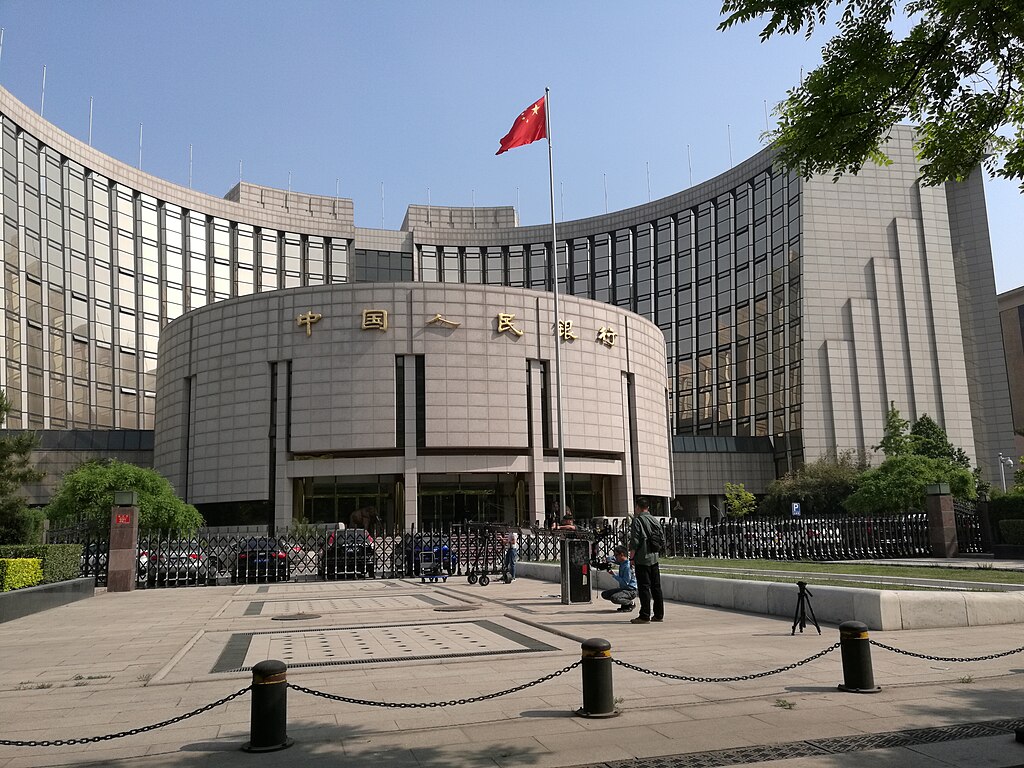
Gabrielle Lynch
Professor of Comparative Politics, University of Warwick
Gabrielle studied at the University of Oxford for a BA in Politics, Philosophy and Economics, an MPhil in Politics, and a DPhil in Politics. She joined the department in 2011 after holding posts at Newcastle University, Keele University, and the University of Leeds.
Research interests
Dr Gabrielle Lynch’s research interests lie in understanding the nature and political salience of ethnic identities, politics of being indigenous, causes of inter-communal violence, impact and utility of reconciliation and transitional justice mechanisms, and elections and democratisation.
Her research to date has focused on Kenya, and between January 2011 and January 2013 she undertook a three-year project on ‘Truth and Justice: The search for peace and stability in modern Kenya’, which was funded through an ESRC first grant. Together with Nic Cheeseman (University of Oxford) and Justin Willis (University of Durham), Gabrielle was then awarded two further ESRC grants – an ESRC Knowledge Exhange Grant (2013-2014) to work with the UK’s Foreign and Commonwealth Office on contemporary Kenyan politics, and an ESRC Standard Grant (2012-2017) to conduct a comparative study on elections in Kenya, Uganda, and Ghana.
Gabrielle is an elected member of council for the African Studies Association of the UK (ASA-UK) and the British Institute in Eastern Africa (BIEA). Gabrielle is also the chair of the editorial working group of the Review of African Political Economy, and writes a twice monthly column for the Saturday Nation (the Saturday edition of Kenya's leading national newspaper).
You can follow Gabrielle on twitter @GabrielleLynch6.
Teaching and Supervision
Gabrielle is on research leave in 2016/17. She is interested in supervising PhDs in a range of comparative and African politics fields.
Fears of election rigging may fuel further abuses in Kenya: democracy could be the loser
Feb 23, 2022 22:39 pm UTC| Politics
As Kenyans approach a general election in August 2022, many lack confidence in the electoral process. According to a national opinion poll conducted by Afrobarometer in 2019, only 29.2% of Kenyans thought that the...
Kenya: why elite cohesion is more important than ethnicity to political stability
Feb 22, 2020 00:25 am UTC| Insights & Views Politics
Kenyan politics is often depicted as a battle between different ethnic Big Men who can mobilise their supporters with a click of their fingers. The ability of successive generations of the Kenyatta family to rally the...

The hidden costs of social media use in elections: A Ghana case study
Dec 04, 2019 12:17 pm UTC| Insights & Views Politics
Social media is becoming increasingly central to election campaigns around the world. In the process, it is transforming politics in a number of ways. Unsurprisingly, journalists and analysts have focused on the more...
Transitional justice: lessons from Kenya on what works, and what doesn't
Aug 27, 2018 15:31 pm UTC| Insights & Views Life
In todays world its almost expected that transitional justice mechanisms such as criminal trials, reparations, memorialisation, and truth commissions will be introduced to help consolidate a countrys transition from...
Bribery and buying favours: why Uganda's MPs want longer terms
Aug 13, 2018 14:32 pm UTC| Insights & Views Politics
Ugandas Constitutional Court has removed the constitutional age-limit for presidential candidacy. It was previously 75. As a result, President Yoweri Museveni who has been in office since 1986 and is 73 years old can now...
- Market Data




































